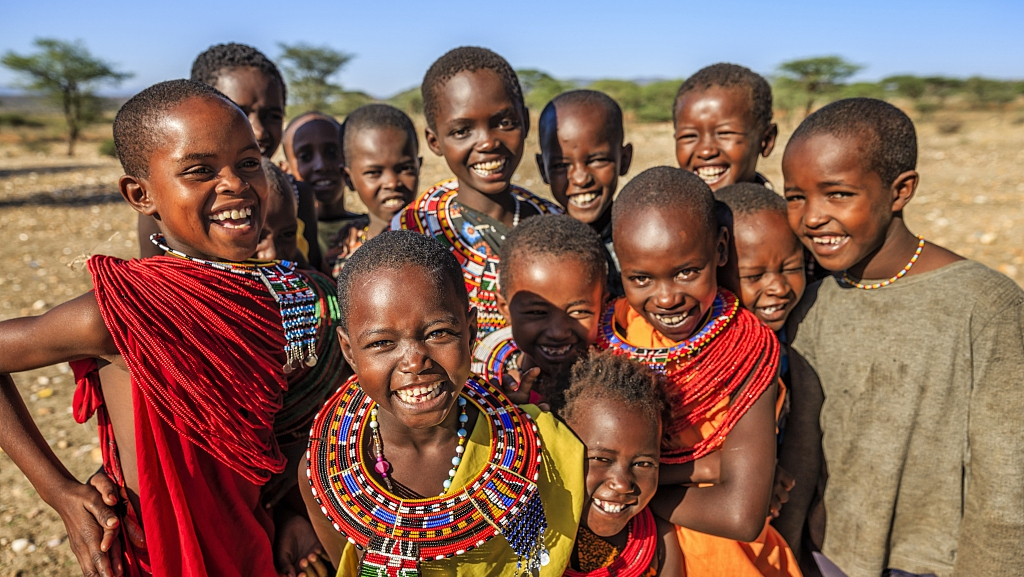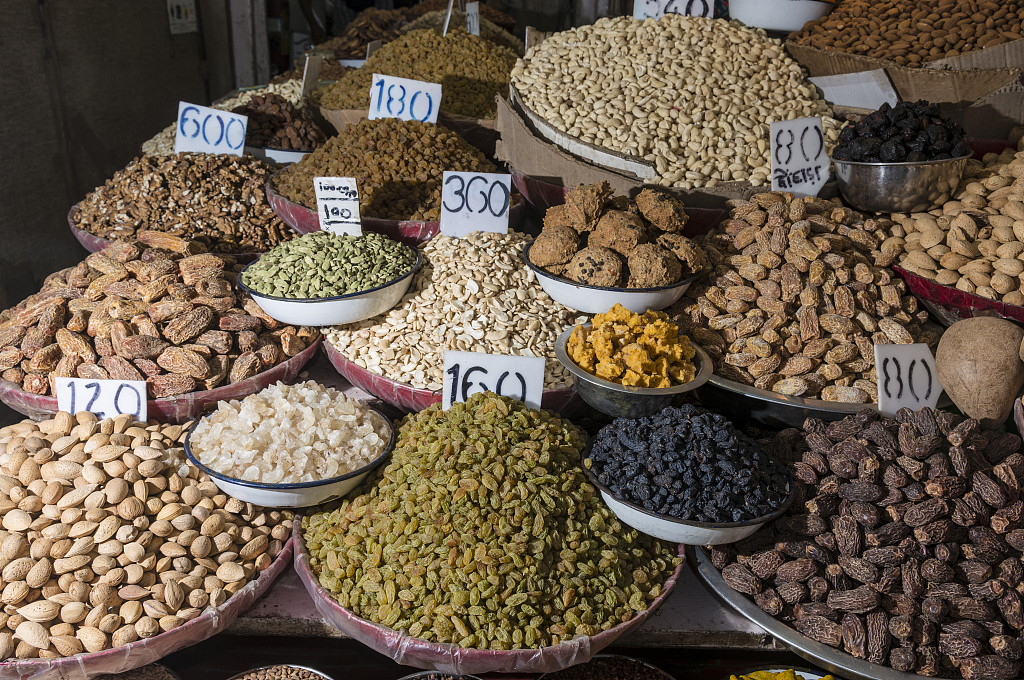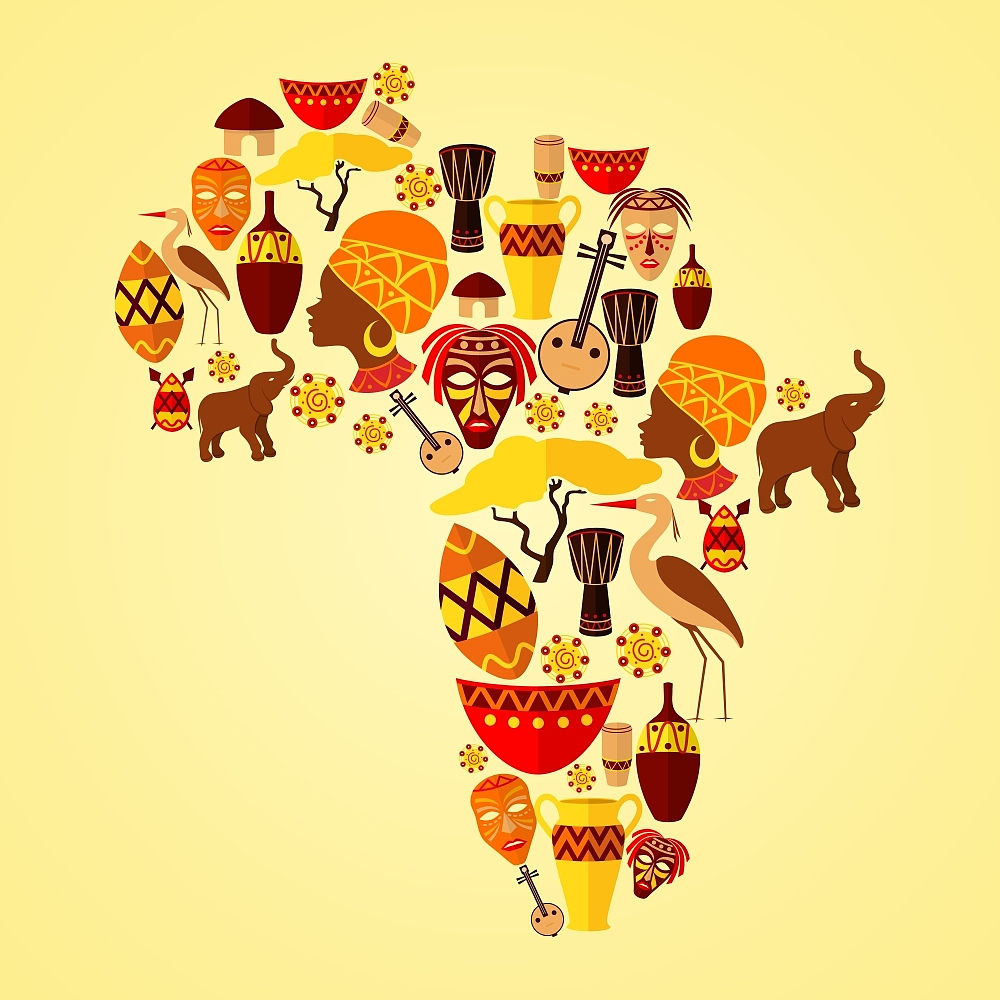
Analysis
16:54, 06-Jun-2019
African nations buck anti-globalization trend with FTA
Bertram Niles

The coming into being of a free trade agreement among African nations could be a pivotal moment for the continent.
The operational phase of the African Continental Free Trade Area (AfCFTA), which took formal effect with little fanfare on May 30, is expected to be formally launched on July 7 at a summit of the African Union (AU) in Niger.
Signatories have agreed to eliminate tariffs on most goods, liberalize trade of key services, address non-tariff obstacles to intracontinental trade and eventually create a single market with free movement of labor and capital.
This development means that Africa is heading in the opposite direction to the anti-globalization agenda of the Donald Trump administration in the United States which is seeking to impose tariffs as a trade weapon globally.
In Africa, tariffs have helped to limit intraregional trade expansion, though they are by no means the only hindrance.
The hope is that their gradual elimination will help boost intra-Africa trade by 60 percent within three years. At present, only about 15 percent of trade by African nations is said to be intra-continental, compared with 58 percent in Asia and 69 percent in Europe.
The African agreement is also the biggest of its type since the World Trade Organization was set up.
Once fully operational with the participation of all 55 member states of the AU, AfCFTA will establish a market of 1.2 billion people with a combined GDP of 2.5 trillion U.S. dollars.

Tariffs and nontariff bottlenecks are currently limiting intracontinental trade
integration. /VCG Photo
Tariffs and nontariff bottlenecks are currently limiting intracontinental trade integration. /VCG Photo
"This could be an economic game-changer for the continent," says a report from the International Monetary Fund (IMF).
Africa's intraregional trade has actually been growing rapidly within the last two decades. As a share of total African imports, intraregional trade rose from about 5 percent in 1990 to the present levels, according to the IMF. "These statistics underestimate actual intraregional trade flows though, as they do not capture widespread informal cross-border trade. Nevertheless, the share of trade with African countries by 2017 was surpassed only by trade with the European Union and with China, which has been rising fast in the past decade," the fund said.
AfCFTA, however, remains an ambitious project with many challenges and risks ahead.
By April 29, it had been ratified by 22 countries, the required number that triggered its establishment 30 days later. South Africa, among the continent's most influential economies, is among them. But its main competitor for the title of Africa's biggest economy, Nigeria, hasn't even signed up yet, joining Eritrea and Benin as the three nations on the sidelines.

Africa's trade has grown rapidly in recent
decades. /VCG Photo
Africa's trade has grown rapidly in recent decades. /VCG Photo
The government of Nigeria, where there is suspicion among some sectors about the agreement, says it is currently reviewing an impact assessment report before announcing its next move.
In all free trade agreements, there are winners and losers, at least in the short term, and economists say that resource-rich nations like Nigeria have to work hardest to benefit from AfCFTA by embracing reforms in agriculture and other areas. While Africa's exports to the developed world are dominated by commodities – the crude oil produced by Nigeria is one example – intra-continental trade is higher in value-added products, like vehicles.
Smaller nations like Uganda and Namibia are thought to be best placed when it comes to AfCFTA, as are trade hubs that have emerged such as Kenya, Senegal and Ivory Coast which have some infrastructure in place already that take advantage of larger markets.
In fact, substandard infrastructure, as well as poor trade logistics generally, sits alongside tariffs as barriers that have to be overcome if deeper trade integration in Africa is to be realized.
Difficult decisions
These are among the outstanding issues that are still be resolved regarding AfCFTA, which the AU hopes will also spur investment within the continent.
South Africa is among nations salivating at the prospects of better times. "If we can get the institutions and infrastructure right and build a deep business and social partnership in South Africa, the AfCFTA can add many billions of rand to gross domestic product," said the country's trade minister Ebrahim Patel this week. "It can create large numbers of new industrial jobs, attract and expand investment and strengthen the economy."
Some analysts also see possible the potential for political fallout when the going gets tough and difficult decisions have to be taken down the road on a range of other sensitive matters, such as competition rules and intellectual property rights.
“Opening up a market for the people from other parts of the continent to freely come and do commerce and trade in your country is going to take a lot,” Tshepidi Moremong, the head of Africa coverage at FirstRand Group Ltd's Rand Merchant Bank, told Bloomberg.
Still, this agreement represents a big leap of faith by Africa, whose growing maturity suggests that the current crop of leaders are in it for the long haul.
(Cover Photo: African nations hope that a free trade area will usher in better times for future generations. /VCG Photo)

SITEMAP
Copyright © 2018 CGTN. Beijing ICP prepared NO.16065310-3
Copyright © 2018 CGTN. Beijing ICP prepared NO.16065310-3